Below you will find pages that utilize the taxonomy term “Insights”
The Value of Predictions
This was a Podcast I gave to Jonathan Norman, available here: https://www.podbean.com/ew/pb-tttuy-16404d8
Here’s what I said!
Podcast
Hi, I’m James Lea.
Thank you Jonathan for the chance to be on the podcast!
I’ve been asked to talk about the Value of Prediction. This is a subject close to my heart, as it’s been central to my work over the last 16 years. I will tell you why in a minute.
Expertise
My background is physics, engineering and data science. In my early career I was a software engineer, and I even founded an AI startup long before it became popular.
Generative AI in project and programme delivery
The March of AI
Generative AI (artificial intelligence) is the latest step in the evolution of complex, high performing algorithms that can generate content. While generative techniques have been around for a long time (AI is not a new thing), with the advent of large and powerful artificial neural nets (ANNs) they have exploded into the public imagination with chat bots such as ChatGPT, closely followed by open source models such as Facebook’s Llama.
Why should you embrace uncertainty?
Why should you embrace uncertainty?
Answer: to see the world differently. We can comprehend and turn uncertainty to our advantage. Here’s how.
In this short article I want to share some thoughts on how we can benefit from this way of thinking, along with a chart that you may find really useful.
Delivery Professionals
If you’re reading this, you’re likely to be a delivery professional. Someone who cares about outcomes. Regardless of your chosen methodology - be it agile, kanban, iterative, hybrid etc. - or your industry - physical construction, digital construction, services - we all ask questions, every day.
Real World Project Management - Transforming Project Delivery with Data Science
Another webinar delivered! On 12 Mar 2024 James addressed 330 delegates (a personal record) in an APM webinar ‘Real World Project Management Series - Transforming Project Delivery with Data Science’.
Some feedback:
“I can truly relate with James - he is a a fantastic example at showcasing and applying the true potential of data driven systematic workflows.”
and:
“Enjoyed the content immensely”
Here are some highlights!
Thinking like a Scientist
Generating reliable (testable) predictions on project evolution is hard because:
Predict for Jira - Now Released!
Predict for Jira - Now released!
Those of you who follow me will know that I’m passionate about the benefits of data science in project, product and programme delivery.
I’m therefore delighted to announce the release of Predict for Jira, Project Science’s new plugin for Atlassian Jira Cloud!
Predict for Jira helps you to estimate the range of durations and story points of your open Jira tickets. Using predictive analytics, it can help you to answer the perennial question: “How long will it take?”.
Combining AI with Creativity in Delivery
Combining AI with Creativity in Delivery
I really enjoyed meeting everyone at Association for Project Management and Gate One’s joint event on “Transforming Project Delivery with AI and a Creative Mindset” on Wednesday evening in London.
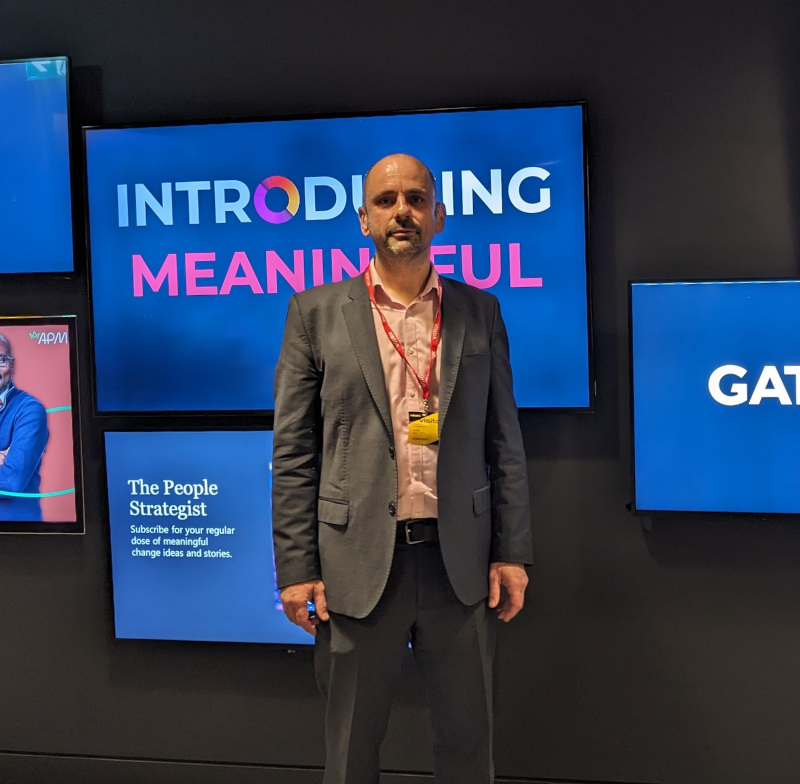
As a panellist alongside Vijay K. Luthra and Spiro Comitis we addressed a range of questions on how to ensure that AI serves our teams without detracting from creative performance. We talked about how Large Language Models can help with lessons learned, the importance of integrating AI with our teams sensitively and effectively, and how workloads will change in risk management, planning and controls through predictive analytics and automation.
Are you a Jira expert?
Are you an expert in Jira?
We (Project Science) are developing a powerful new app for Jira, and we’re now looking for alpha testers to trial our product before release.
Tightly integrated into your Jira Cloud workflow, our app uses natural language processing, machine learning and predictive analytics to “learn from the past to help you predict the future”.
Agile teams will benefit from more robust and self-consistent plans that are underpinned with data, helping your project to:
EVA29
I thoroughly enjoyed presenting yesterday at EVA29, organised by Steve Wake (https://www.stevewake.com/eva)
This took place on Thursday 2 November 2023 at Armourers’ Hall, Moorgate, London.
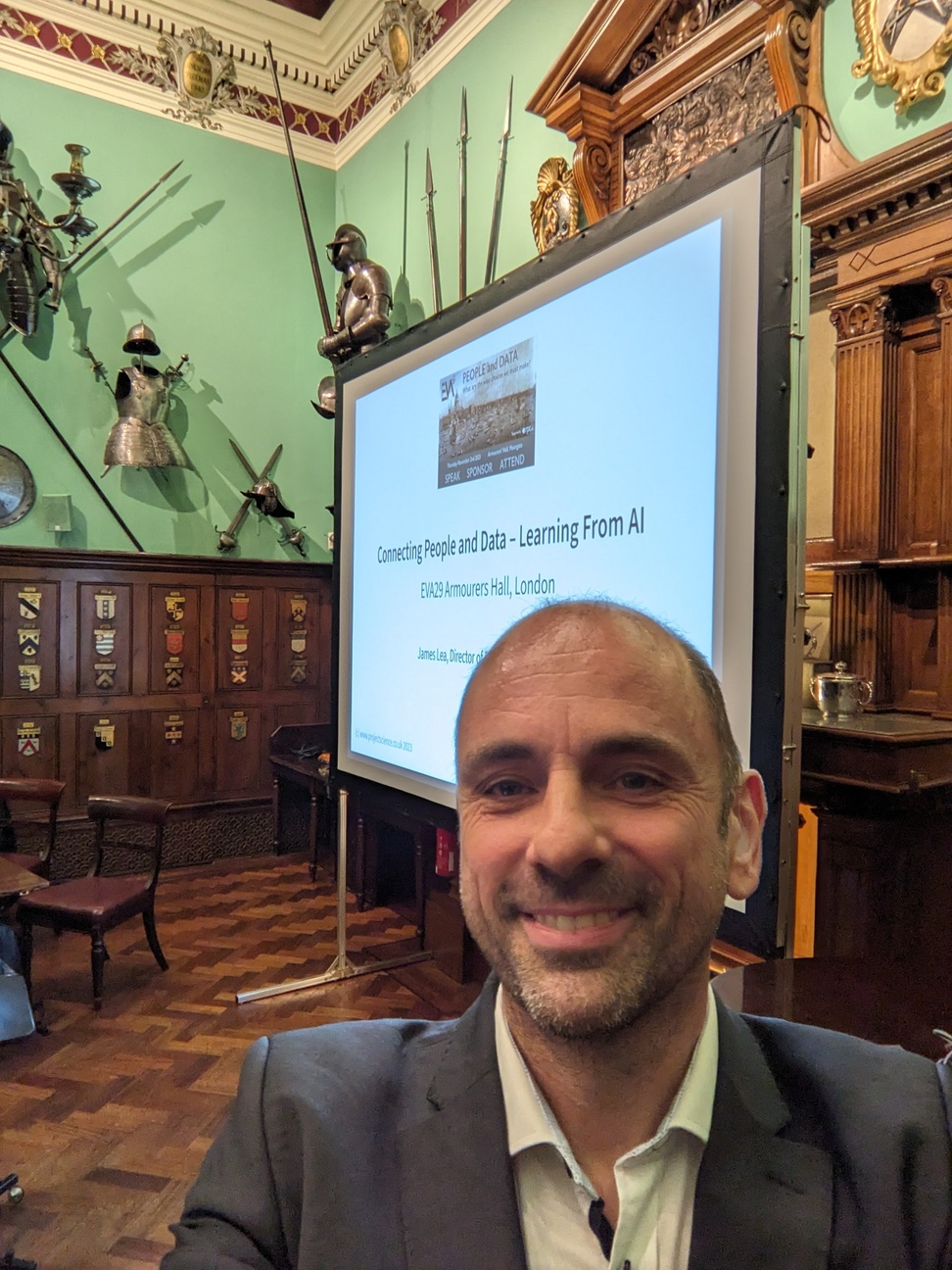
A big shout out to Steve Wake for organising a brilliant event, and to the wonderful delegates. There was much networking, and we all learnt about “People and Data - What are the wise choices we must make?”.
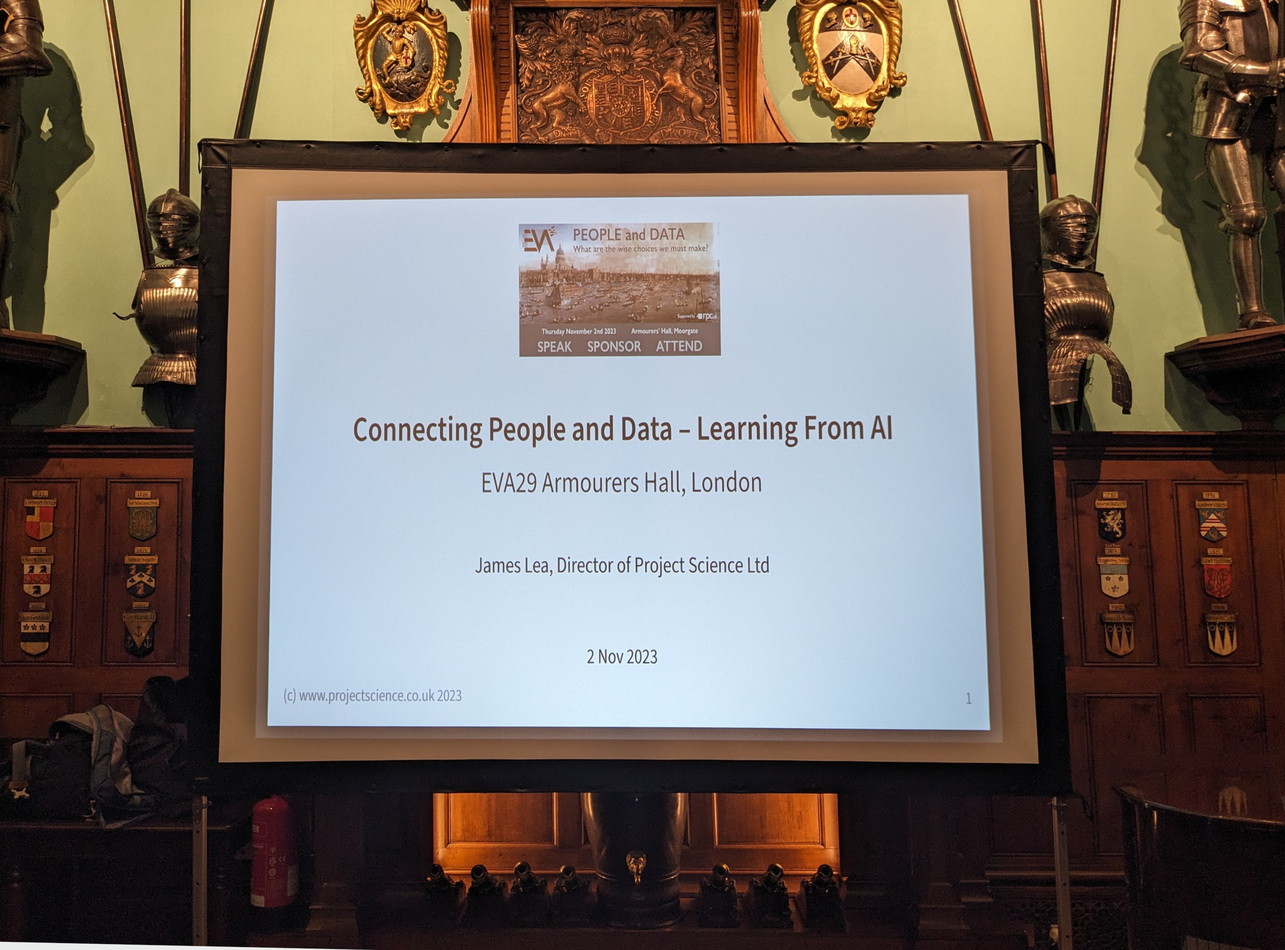
The venue is stunning too.
Real World Project Management - Designing and Delivering with Data
On 16 March 2023 James presented an APM real world webinar - Designing and Delivering with Data – transforming project delivery with data science.
James asked the question: how can we deliver our complex projects and programmes with certainty and confidence?
Project data science signposts the way. We live in a universe of data; like the James Web Space Telescope we are making new discoveries every day. But how can we best observe the project cosmos, and how can we make use of our discoveries to predict the future?
Project Hack 18
Project Science Ltd presented a challenge at Project:Hack 18. The challenge, tackled by a team of data scientists and analysts, is how can we auto-generate work breakdown structures?
For more information visit, Project:Hack18 APM.
Find out more
Get in touch with us to book a call. Working together, we can explore how to leverage the power of data in your organisation and generate competitive advantage.
Strategic Misrepresentation - Shaping Project Outcomes
In this event, organised by the APM governance SIG, James will join a panel of subject matter experts to assess the problems with projects ‘in the large’. We will explore how we can transform project success through data-enabled investment decisions.
The event forms part of the series “Effective governance, unlocking data and project success”.
We will assesses the problem at large with project success, the concept of reference class forecasting to inform investment decisions and the principle that ‘all projects are data designed and data enabled’.
APM Midlands - How do you know your project is on track?
On 7 December 2022 I presented my talk “How do you know your project is on track? The role of data” to the APM Midlands branch in Worcester. 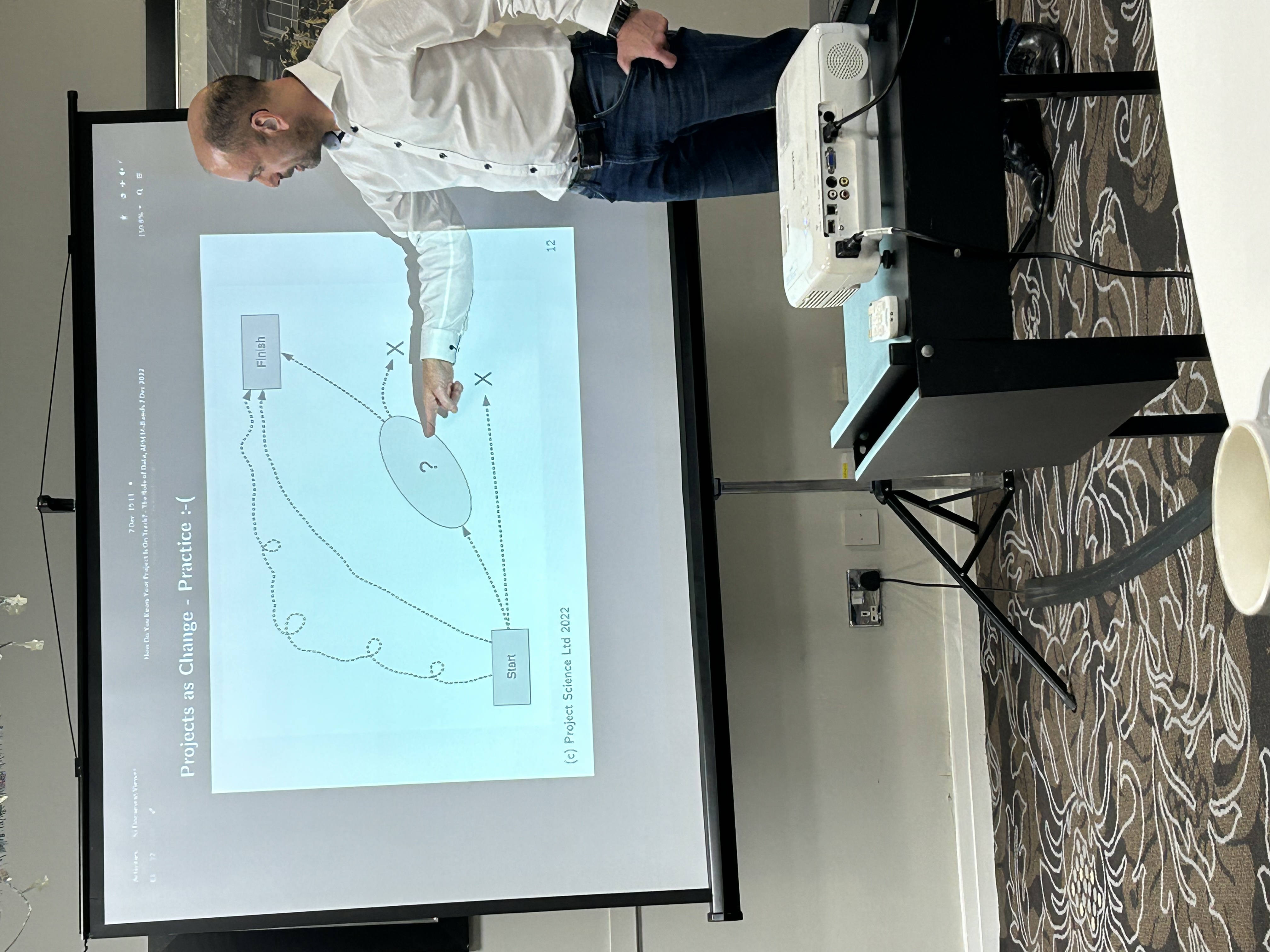
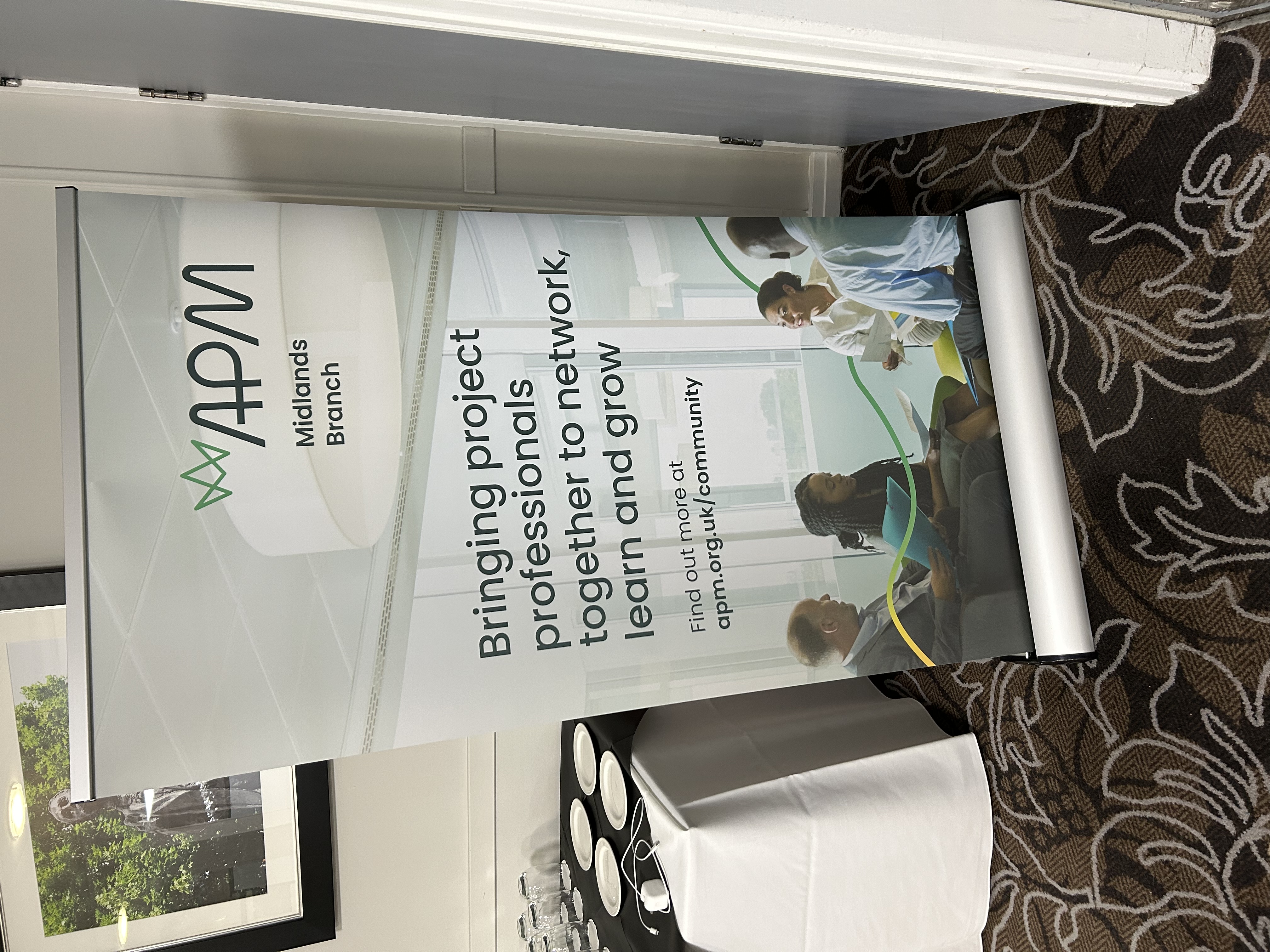
Building data-designed and enabled projects:
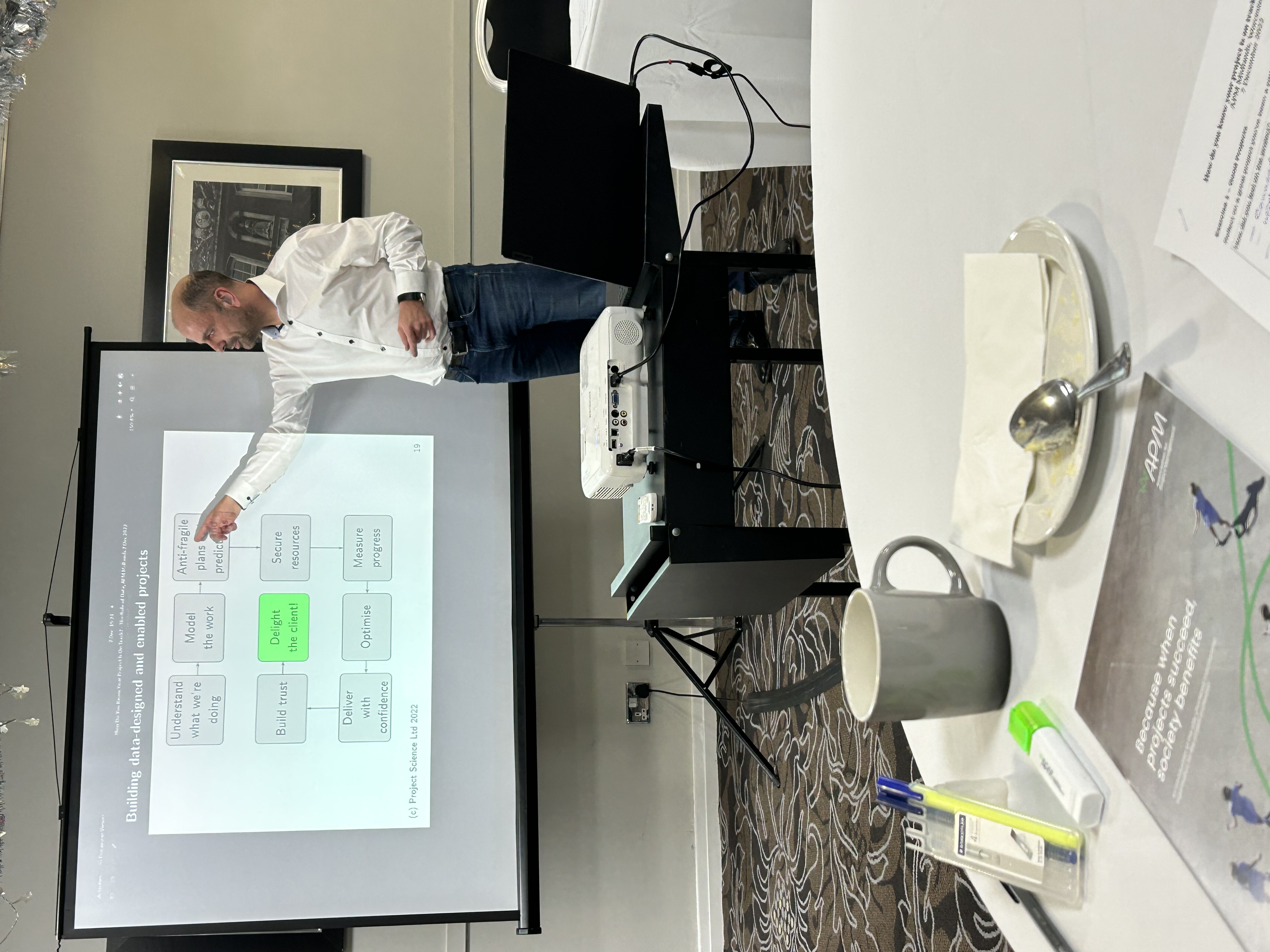
Thanks to Temi and the APM Midlands branch for organising a very interesting and enjoyable event.
Find out more
Get in touch with us to book a call. Working together, we can explore how to leverage the power of data in your organisation and generate competitive advantage.
Estimating Agile Projects
A question we get asked quite often is: how do we estimate agile projects?
And our reaction is nearly always: what’s different about agile? We are of course, being tongue-in-cheek! Agile is different, but not so different that all the techniques in waterfall, iterative, hybrid project management should be thrown out the window.
You can use comparative and parametric estimating, benchmarking, and so on. In fact, you should use these, because without an idea of how much work you’re taking on, how can you be confident you have about the right size team for the job? How can you fit into the wider organisation’s resource demands?
Project Hack 17
We presented three challenges at the Project:Hack 17.
Optimising Delivery through Collaboration Insights
Understanding how teams cooperate and collaborate helps us optimise performance. Using data science, we can determine how effectively teams are collaborating through a SharePoint site. This challenge paves the way!
WBS Automation - Planning Crossrail 2
Crossrail was a very ambitious programme. What can we learn from it when planning ‘Crossrail 2’?
WBS Automation - Understanding WBS diversity
Work Breakdown Structures tell us a lot about a project, even when viewed in isolation without the underlying activities. In this challenge delegates were asked to assess and learn from a selection of construction project work breakdown structures.
Achieving a ten-fold improvement in delivery outcomes
Project Science is leading the Visions workstream within the Project Data Analytics Task Force. We’ve set ourselves the challenge of a ten-fold improvement in project delivery outcomes by 2025. Just one in two hundred projects achieves its original time, cost and quality goals. Imagine the savings if we can lift that to one in twenty.
Workstreams
To work toward this goal, we’ve developed a set of workstreams, including:
- WBS Automation
- NextGen PMO
- Human Performance
- Benefits Management
These workstreams have devised some challenges for the upcoming Project:Hack 17 - see you there!
EVA26: Performance that Works
EVA26, organised by Steve Wake, took place on Wednesday 16th and Thursday 17th March 2022 at Armourers’ Hall, Moorgate, London.
Our founder, James Lea, presented “The psychology of estimating and planning - working with your team.”
For a video interview with James and a summary of the key points, visit https://youtu.be/qmE-huseZR4?t=7318
Emotions, Plans and Predictions
Last time you gave an estimate, were you:
- Under pressure?
- Distracted?
- Worried your numbers will be used against you?
- Feeling a lack of support?
- Unsure what the plan was?
Did the conversation go:
Quantum Computing in Project Delivery
What does quantum computing mean to project delivery? How might this nascent technology change the way we do business?
Observations
Let’s start with an observation: we have no lack of computing power today. There are few project problems that are constrained by the available processing power. Powerful CPUs and GPUs (such as those used for bitcoin mining) power our machine-learning and natural language systems. They drive the recommendation engines used in online commerce and social media sites. At present we are data-constrained. The search for good data to improve project delivery is an active and current field of research.
Bath Digital Festival 2021
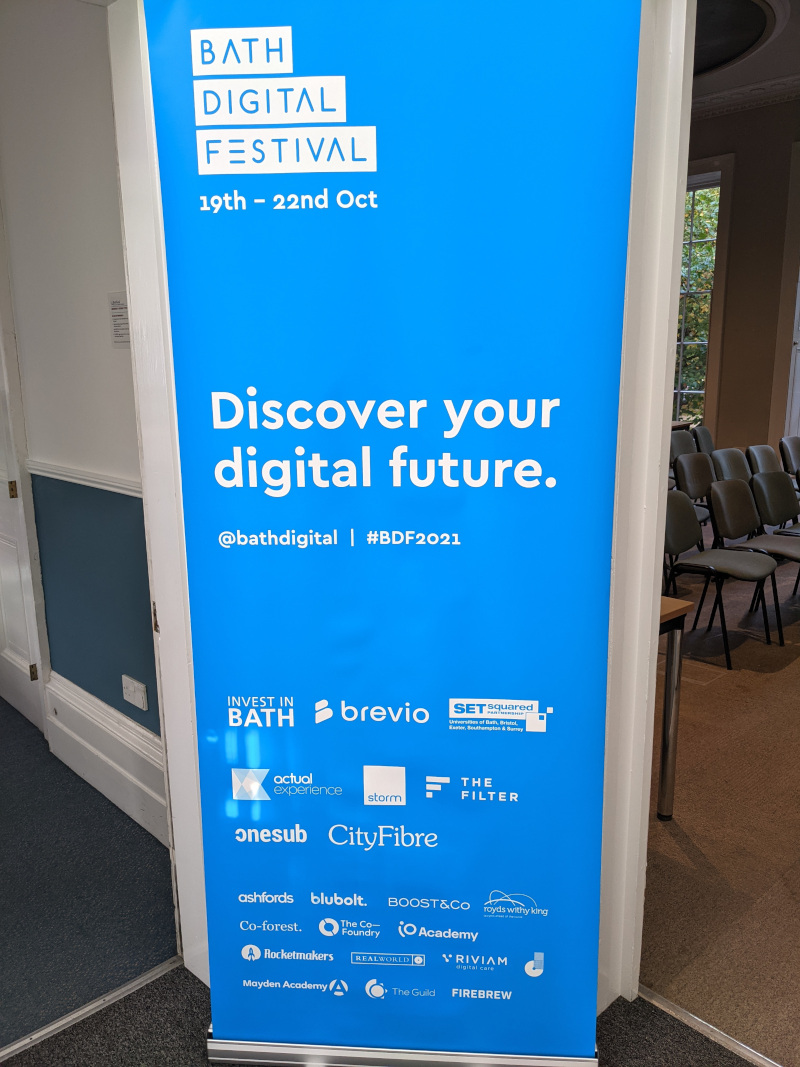
We are awash in a sea of data - how can we make sense of it all, and turn it to our advantage? In particular, how can we exploit data to deliver complex change? Machine learning / AI / algorithmic bias - these are all 21st century terms.
But what do they mean, and how should we adapt and evolve? How can modern business exploit the exponential growth in data science to deliver projects and business change more effectively?
Development Tools
In Project Science we use a wide range of tools to deliver compelling insights into data. We often get asked what tools we use, so here’s a list:
Programming
We use a wide range of programming languages. After you’ve been programming for over 20 years, you see more commonalities than differences (and develop a keen sense for what’s practical). Here are some of the languages we use:
-
C is a venerable language, having been developed in the early 1970s. C is a low level language, and can be seen as a portable assembler. It can behave like portable assembler too, with its pointer-based programming model. However, we use it with $ gcc - Wall -Wextra to turn on warning flags, and find the modern compilers generate plenty of useful messages that ensure we maximise type-safety and constrain the language to improve robustness.
APM Thames Valley
On 9th Dec 2020 I will be presenting a webinar, organised by the APM’s Thames Valley branch titled “How do you know your project is on track? The role of data.”
To find out more, visit the event page where you can sign up.
Find out more
Get in touch with us to book a call. Working together, we will explore how to leverage the power of data and AI in your organisation and generate competitive advantage.
Think Differently - Redefining Diversity
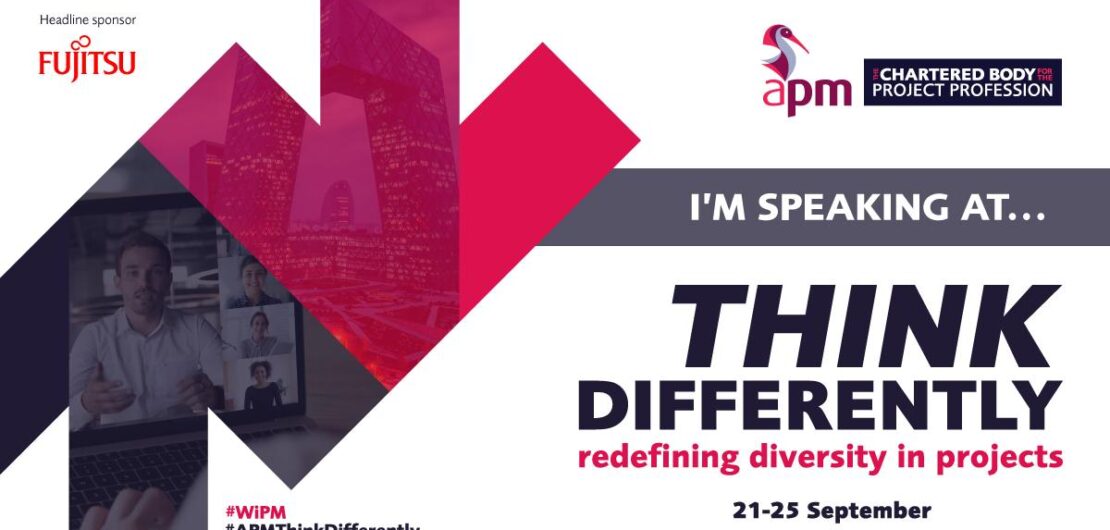
I will be presenting at the APM‘s Think Differently 2020 online conference 21 – 25 September 2020.
This is a five day virtual event organised by the Association for Project Management, featuring the APM Women in Project Management Virtual Conference.
On Tuesday 22 September at 11am I’ll be presenting on “How a diverse project team can bring extra benefits (and how to get them)”.
This event is open to all (APM members can go free) – sign up on the APM’s website. I look forward to seeing you there!
Brexit from a Project Management Perspective
Brexit was a highly divisive topic from 2016 through to 2020; this article takes a ’lessons learned’ view to see how strategic change can be managed better “next time”.
The Beginning
Once in a while a monumental change happens in our society, that we, as project delivery professionals, owe it to our community to study and learn from. Brexit is one such change. What insights and lessons can we derive as project managers from Brexit, or in particular, the process through which the UK intends to leave the European Union?
AI in Project Management

Artificial intelligence (AI) is pervasive: decisions made by AI influence our choices and our lives every day, often without us realising. These decisions, driven by algorithms, are changing society. What does this mean for us as project managers, and how should we adapt? What is AI?
What do we mean by AI? First, we must distinguish between classic or pure AI (‘thinking computers’) and applied AI (the application of specific algorithms to develop systems that exhibit machine intelligence). The latter is what most people understand by AI, and what I am focusing on here.
Project Physics

Physics is all about change. The universe, and everything within it, is evolving and in a state of constant flux. Projects are no different. Change is both what a project is, and a way of life.
Modern physics is remarkable. We have learnt to see inside the atom, and the constituent parts of atoms. The latest generation of space telescopes are staring further back in time, to an epoch not long after our universe came into being. The major discoveries of physics – Newtonian mechanics, thermodynamics (statistical mechanics), electromagnetism, quantum mechanics, general relativity and The Standard Model – that sets out the plethora of particles detected in particle accelerators such as CERN’S Large Hadron Collider – are remarkable intellectual triumphs. They underpin the modern world, and are a huge driver of development and economies. The technology in your smartphone owes itself to many generations of scientists, building upon one another’s discoveries.
Making the case for advanced project data analytics
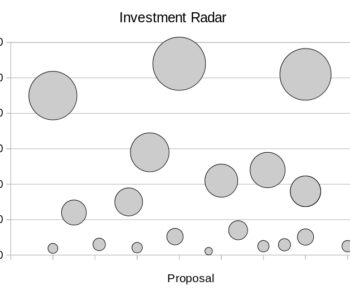
On Tuesday 3 September 2019 I ran an interactive workshop with the Bristol branch of the Project Data Analytics Meetup. We reviewed the art of change in the context of Advanced Project Data Analytics, and developed persuasive arguments for making the case for change. Here are the slides (to follow).
Find out more
Get in touch with us to book a call. Working together, we will explore how to leverage the power of data in your organisation and generate competitive advantage.
Language in Projects

The lights rise, and the ballerina curtsies. The audience applaud, delighted with the superb performance they have just seen. The dancers enter the stage, and take their bows, happy to share in the enjoyment they have brought.
At every performance the troupe have delivered consistently, exceeding the expectations of all who have seen their skill, movement and grace. Their secret to success? Years of training, testing and refining their skills, underpinned by a clear vision for each production, well planned and carefully choreographed. This vision is captured in a language, a language of dance that describes movement: benesh.
The Power of Antifragility

Anti-fragility is a brilliant concept, put forward by Taleb in his wonderful books: Fooled by Randomness, The Black Swan and Anti-fragility. These concepts can be applied to make projects stronger, and thrive on challenge.
As project professionals, our job is to deliver change. We steer our projects through complex and ever-changing environments, handling adversity to deliver on time, cost and scope. Threats arrive from all directions, both internal and external, and the longer the project runs, the more volatility it will be exposed to. Lack of knowledge, uncertainty and errors accumulate to generate more stress to the project and increase the risk of failure.
APM Midlands Presentation

On Thursday 16 May 2019 I presented my talk “How do you know your project is on track? The role of data” to the APM Midlands branch in Worcester, at Sixways Stadium.
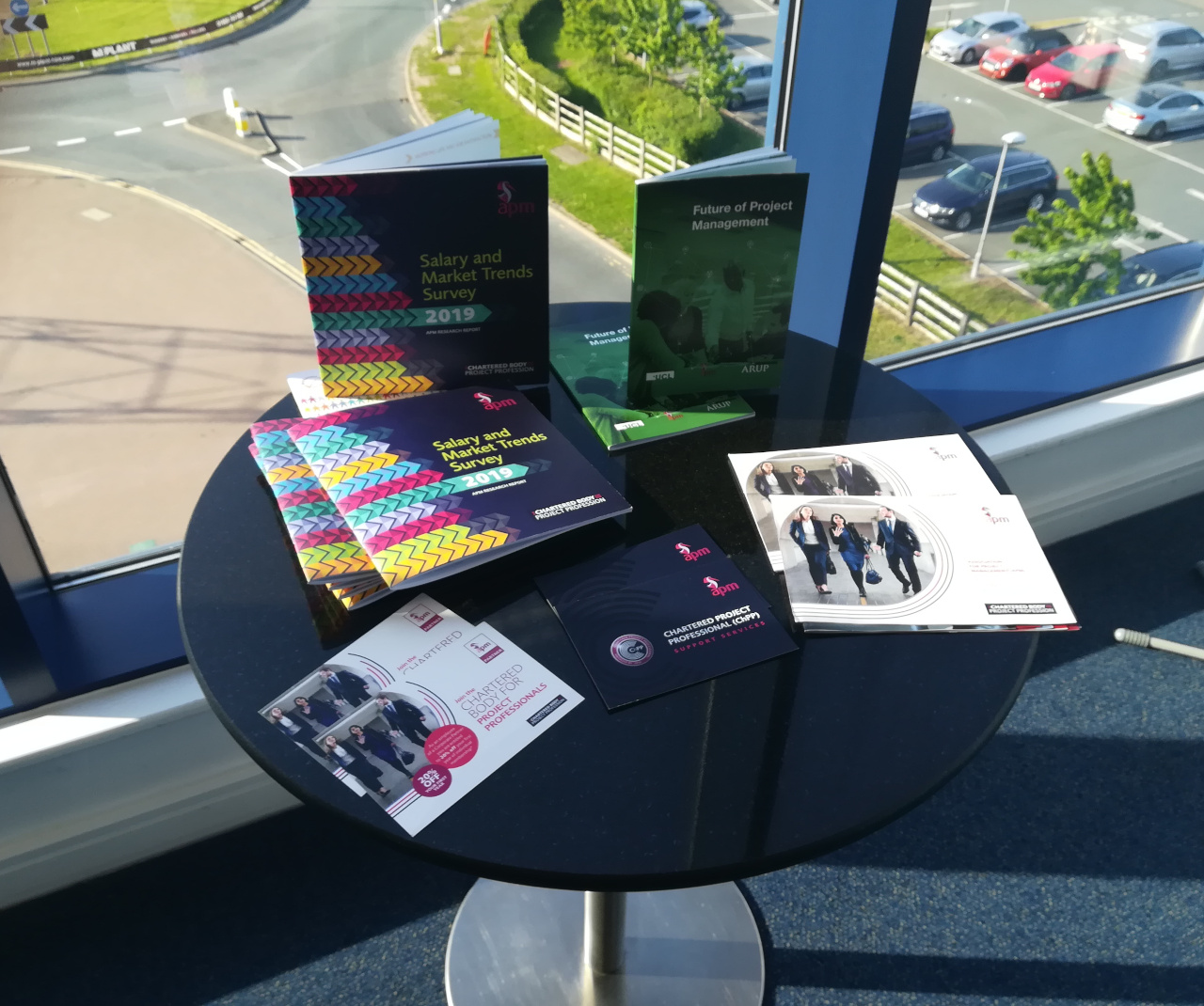 A great audience, with lots of interaction, generating ideas on how we can exploit data to deliver our projects predictably and with confidence. My thanks to the APM Midlands branch for organising the event.
A great audience, with lots of interaction, generating ideas on how we can exploit data to deliver our projects predictably and with confidence. My thanks to the APM Midlands branch for organising the event.
EVA24 Presentation
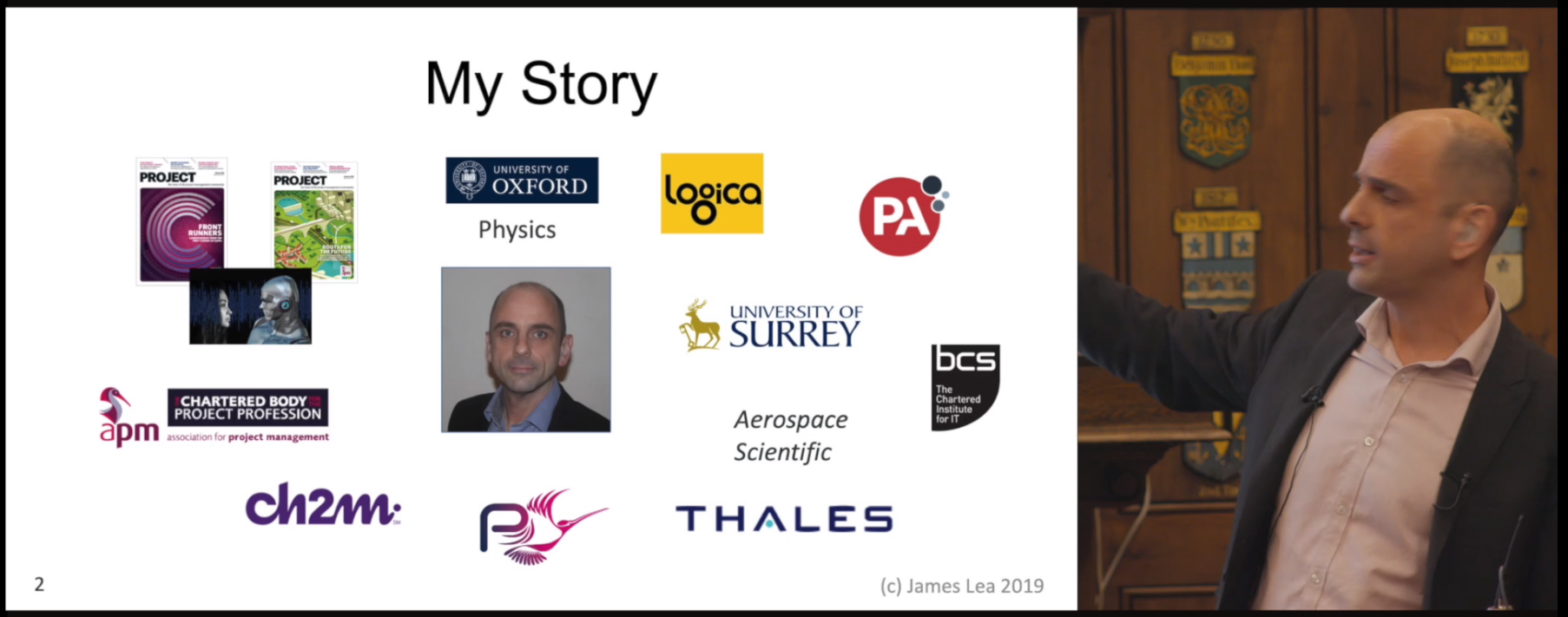
On 11 April 2019 I presented my talk “Placing Teams and Data Together at the Heart of Delivery” to the EVA 24 conference.

The Armourers’ Hall is the home of The Armourers & Brasiers’ Company, founded in 1322 as the guild overseeing the production of armour. More information at the Armourers’ Hall website.

Find out more
Get in touch with us to book a call. Working together, we will explore how to leverage the power of data in your organisation and generate competitive advantage.
APM Wessex Presentation
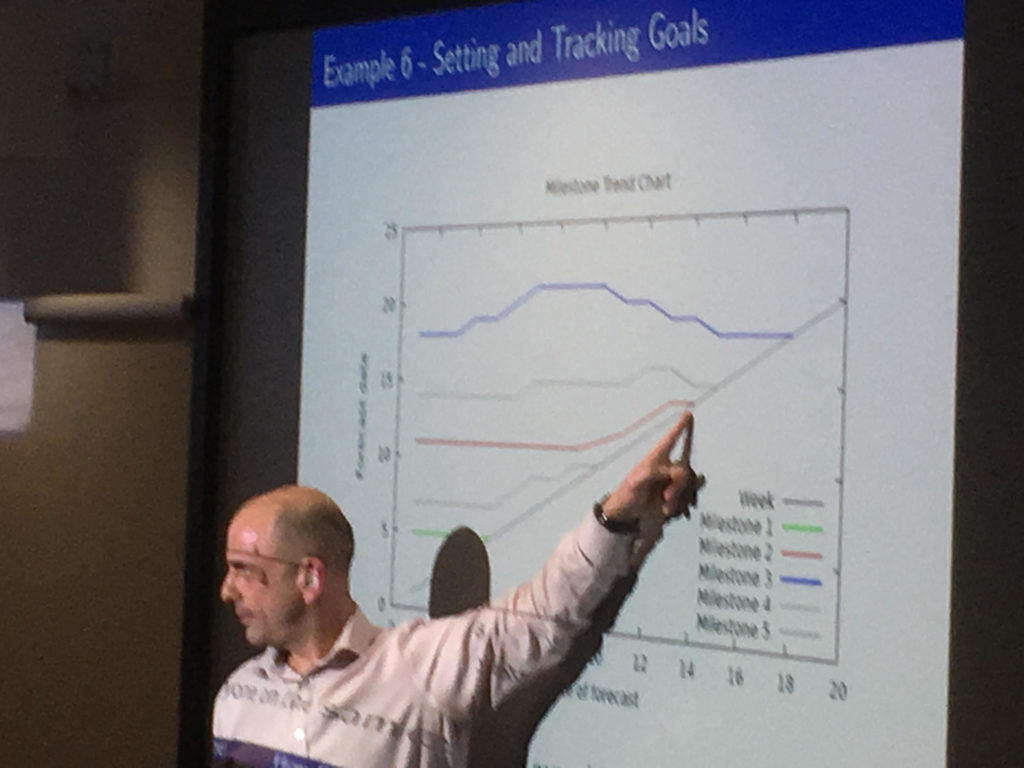
On Tuesday 12 March 2019 I presented my interactive workshop “How do you know your project is on track? The role of data” to the APM Wessex branch at Bournemouth University, Talbot Campus.
Find out more
Get in touch with us to book a call. Working together, we will explore how to leverage the power of data in your organisation and generate competitive advantage.
APM London Presentation

On Thursday 22 November 2018 I presented my talk ‘How do you know your project is on track? The role of data’ to the London branch of the APM. We shared ideas on how we can exploit data to deliver with confidence.
Find out more
Get in touch with us to book a call. Working together, we will explore how to leverage the power of data in your organisation and generate competitive advantage.
London Project Data Analytics Meetup 2018
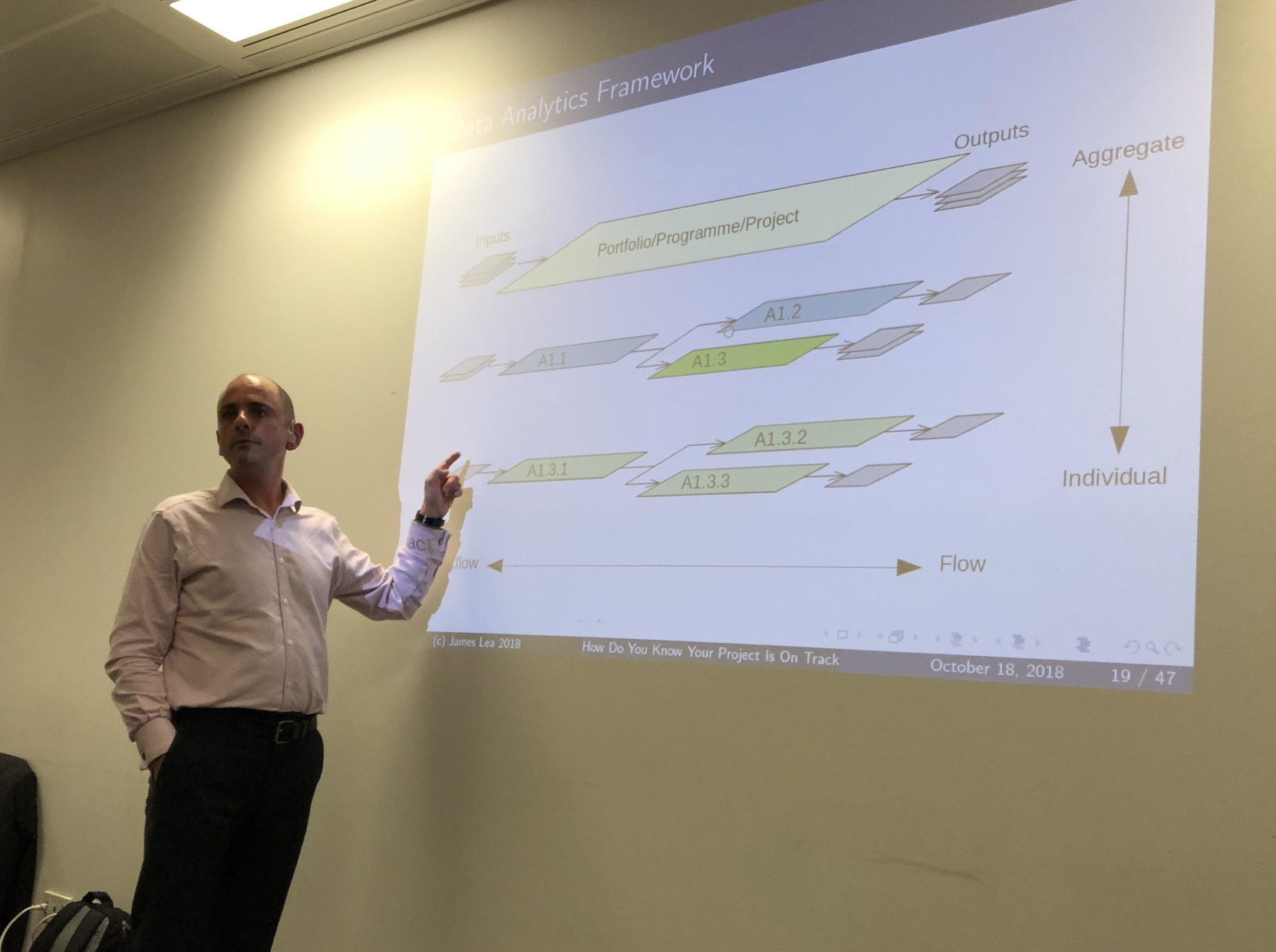
I’m delighted to have presented at the London Project Data and Analytics Meetup on 22 October 2018. This event was organised by Martin Paver of Projecting Success.
In this interactive workshop I demonstrated using real-life case studies how a creative yet rigorous approach to data can be used to restore control and build delivery confidence, while also lifting team performance. Along the way I explored how good project design provides the foundations for applied AI techniques (including predictive analytics and machine learning).
Project Flow and Backflow
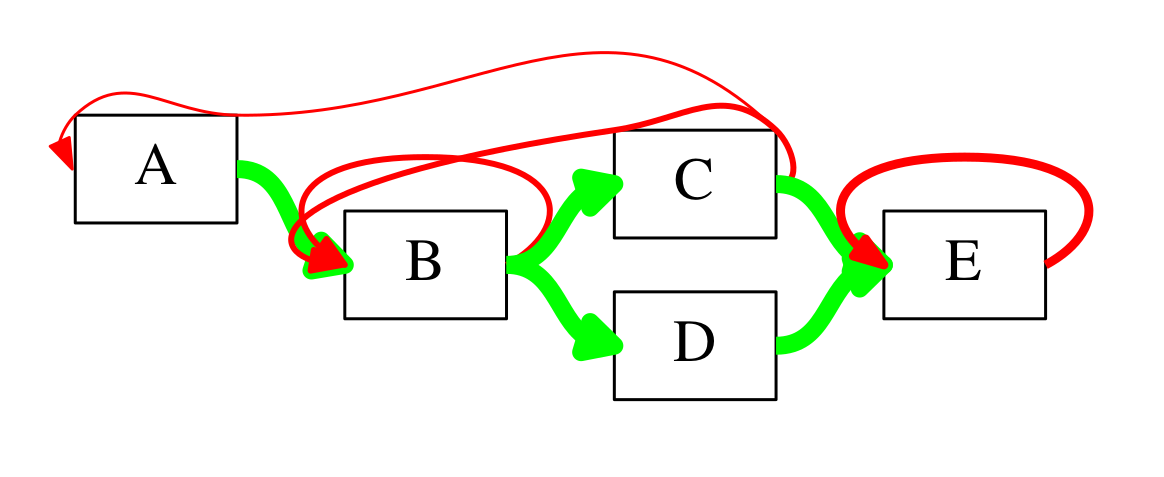
This is one of my favourite charts.
Project waste and backflow It shows a project as a classic network of activities, annotated with green and red lines. The green lines represent forward flow – the natural progression of tasks we desire in a smoothly flowing project. By contrast, the red lines represent back flow – the rework required to handle defects, errors, ambiguities and poor project design. The red lines are a major source of project volatility.
Milestone Trend Chart
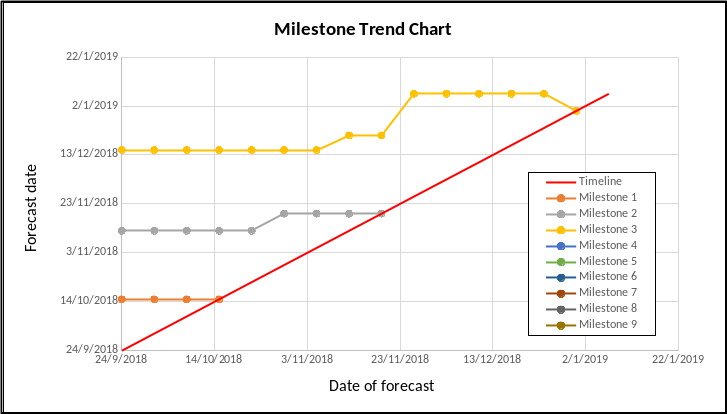
Milestone Trend Charts are a powerful tool for understanding and communicating what is to be delivered, when it will be delivered, and how stable the forecast delivery dates are.
Use these templates to help control your project and communicate delivery dates:
Remember: horizontal lines are stable forecasts; lines sloping up represents slips, and lines sloping down represent dates coming in earlier. A mature project will show slips or gains as early as possible, and not a week or two before the deadline is due.
BCS London Presentation 2018
On the 19th September 2018 I presented to the British Computer Society (BCS) project management specialist interest group (PROMS-G) in London. My talk is titled “How do you know your project is on track? The role of data”.
You can sign up here: https://www.bcs.org/content/ConWebDoc/59737.
APM South West presentation 2018
On the 24th May 2018 I presented my talk “How do you know your project is on track? The role of data” to the Association of Project Management (APM) South West branch.
For a writeup see APM – How Do You Know Your Project is on Track? – The Role of Data, 24 May 2018
Next steps
To find out more please contact Project Science.